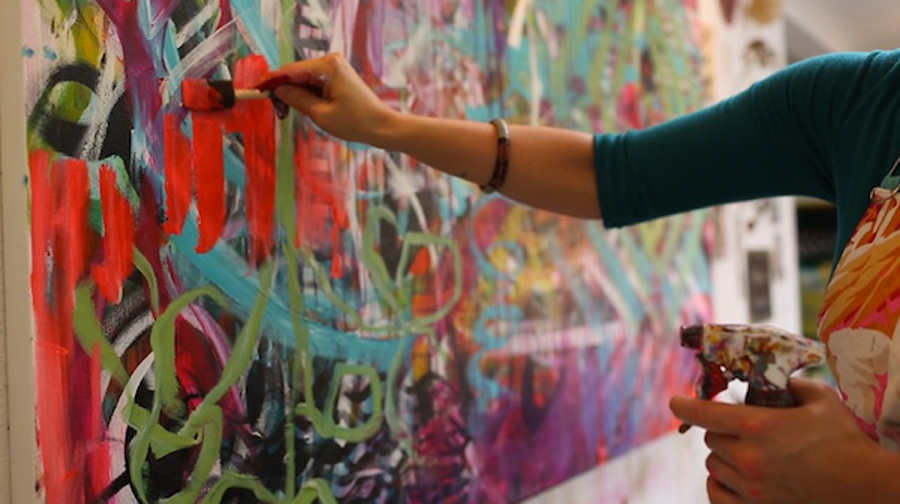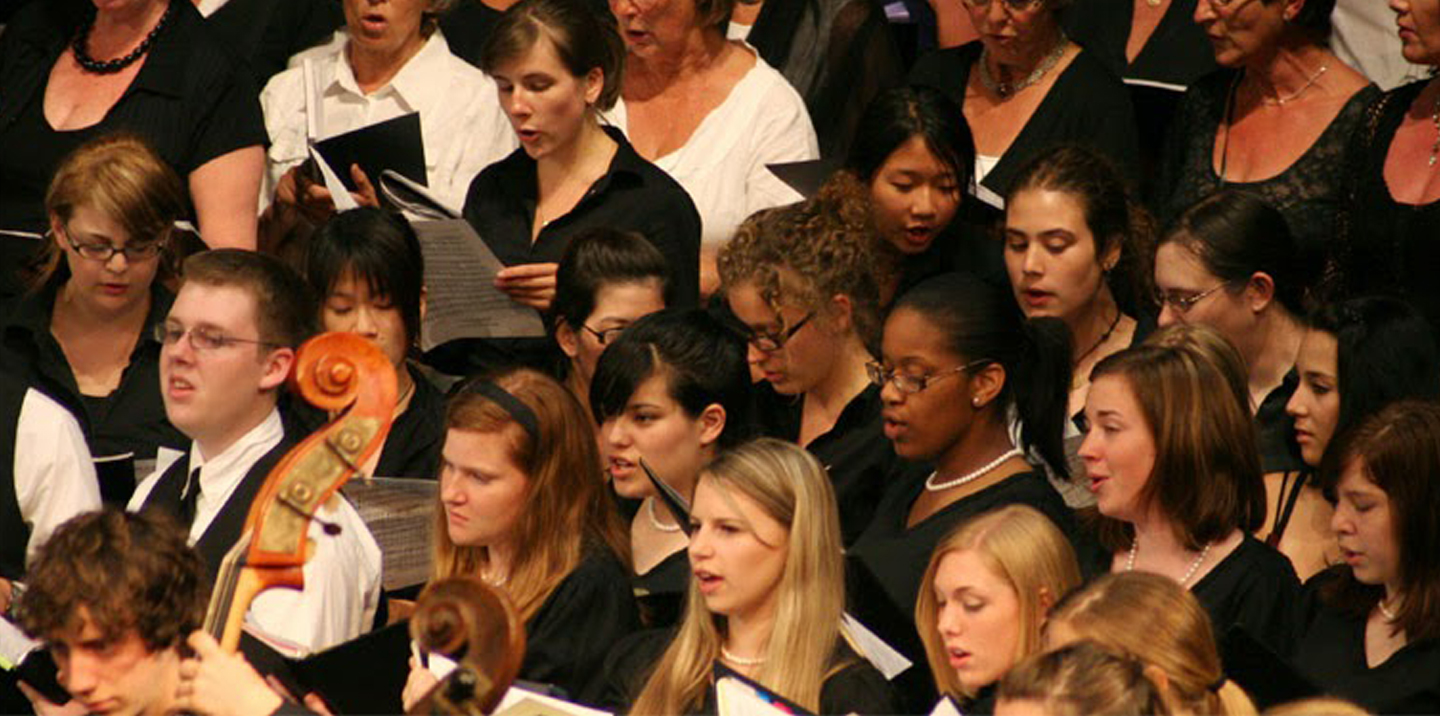Feeling Greedy today!
by: Jennifer Richardson on
Sitting down watching two of my all time favorite cooking heroes- Antonio Carluccio and Gennaro Contaldo !
Sitting down watching two of my all time favorite cooking heroes- Antonio Carluccio and Gennaro Contaldo !
We are really looking forward to visiting this city during our tour on the Singing in a Palace week with Eric Dozier >>.
The historic centre is Unesco listed, watch the video to find out why!
Anyone who has participated in our Singing in Tuscany or Singing in Siena events over the years would appreciate Bella Ciao.We have had the pleasure of singing it with Kavisha Mazzella, Rachel Hore, Riccardo Tesi and Ginevra di Marco plus of course Paolo Turchi and friends at Casa Gialla and unforgettable performances by Damiano Donati at Montestigliano!
Bella Ciao is historically known as the show which marked the startup of Italian Folk revival.
Now these legends in Italian Folk music are making a 50yrs anniversary album.
Lucilla Galeazzi - vocals
Elena Ledda - vocals,
Ginevra Di Marco - vocals
Alessio Lega - vocals, guitar
Andrea Salvadori - guitar, tzouras, armonium, arrangements
Gigi Biolcati - percussions, vocals
Riccardo Tesi - button accordion, arrangements, musical direction
Are you a planner or a pantser — a fly-by-the-pants writer? Either way if you write your stories or books into a structure you’re more likely to finish them.
People often worry about structure. They worry that it will hamper their plot or stifle their style. Actually structure does the opposite. It gives you a framework in which to write. It stops a story becoming unwieldy.
Imagine trying to build a house without a plan? Or without a foundation. It wouldn’t hold up.
Structure gives you the form and then you can play with the content. There’s a rule of thumb. Anything over about 2 – 3,000 words requires storytelling craft in order to keep the reader reading. So for those short blog posts, you can be a pantser. But doing long form, planning and structure are your best friends.
Here are 5 structures to make your writing more compelling
Chronological — the most straightforward for a memoir piece or a life story (fiction or non-fiction). Also works for a history of a place or an autbiography. If you’re new to writing, start chronologically and then you can always move scenes around later.
Thematic— often evolves as you are writing. Or you can decide on the themes as a way to tie loose strands together. In Sarah Macdonald’s Holy Cow she used the many faiths of India as way to organise her narrative.
Three act structure — follows a traditional formula that dates back to the Greeks and has been adapted to Hollywood by Syd Field. You have the set up, an inciting incident or catalyst that leads to the first major turning point. This pushes the story to the second act and the climax, a second major turning point and ultimately a resolution.
Hero’s Journey — another version of the ‘three act’ based around the work of mythologist Josesph Campbell, author of A Hero with a Thousand Faces. Campbell studied 100s of myths from around the world and realised that they follow the same pattern. Now widely used in Hollywood following Christopher Vogler’s The Writers Journey, you can simplify it and adapt for fiction. It can also be applicable to memoir if any of the stages of the Hero’s Journey — often a form of coming of age story — are applicable to your life.
Collage – takes its cue from visual art. This structure works well for disparate subjects that you are weaving together. It’s not right for a story with a beginning, middle and end. The entries are often short – separated by a ‘#’ or a gap or in numbered sections. Michael Ondaatje does collage very well in Running in the Family.
There are others… but that’s a post for later.
Best, Claire Scobie

I hadn't picked up a paint brush many times since school but whenever I
did the panic would start before the first layer of paint. I would stare
at the canvas and think.. "I really hope this is going to work out".
Pressure!
Blocked by fear. Yuk, who wants that?
Does this resonate with you?
Well if it does and you are not living in Portland OR. USA to be able to go to 'live' workshops with Flora Bowley then you owe it to yourself to experience Bloom True e-course.
I have been lucky enough to have been with Flora in a 'live' workshop and I can tell you that looking around at the faces of those that were doing the course was 'heart opening'. She is delightful and we were all totally absorbed and having an absolute ball feeling the joy of letting go and being brave with paint.
Unfortunately I didn't have the time to stay for the whole course with Flora because of prior arranged work commitments but I signed up for her e-course when I saw just how inspirational she is.
I was far from disappointed in it being 'online' instead of 'live'. It is 'life changing' it does not stop at just painting techniques it is an inspiring lifestyle course. So much so I am signed up for next one too!
“It has taught me that there is no right or wrong way to paint. It has inspired me so much to be brave and just go for it and find what feels good to me. It has helped me to let go of my fear of a blank canvas.”
The next e-course starts on the 26th January, 2015 will you join me?
1. Read your writing out loud - do not underestimate the importance of how your sentences sound. Reading your writing out loud will help you develop an understanding of the rhythm your sentences take on, which in turn will improve the flow of your writing. This will also help you listen to how the emotions you are conveying sound.
2. Practise specific elements of writing - for example, if you feel you are particularly weak at constructing metaphors, set yourself exercises that allow you to develop your metaphors gradually (e.g. take a stock situation and write ten metaphors for it). Do not underestimate the importance of using such devices to express emotions within your writing, they can transform a singular feeling into something more complex and intense.
3. Develop your vocabulary - a writer's primary tool is his words. If you are struggling with expressing your feelings and conveying emotions, perhaps you do not have the necessary tools to convey yourself as a writer. Reading alone will not do this, you need to make sure you read outside your comfort zone, so that you can pick up new and exciting words.
4. Read some poetry - many of the great poets were forced to not only convey their idea in words, but they had to do so in metre and verse; as always though, limitation bred innovation. Watch how they exploit the confines of metre to express complex emotions and profound feelings. It should help inspire you to think of new ways to tackle the issue of translating your thoughts into articulate writing.
5. Show your writing to someone you trust - it can be very hard to work out what is 'wrong' with our own writing. All too often, we are our own biggest critics and go overboard on criticising our own work. Give your work to someone you trust and you might be surprised at the observations they make, they will help you understand your work in a fresh light on the way you are portraying emotions in your writing.
About the author
Aman Anand is a 30 year old indie author who says he checks his Twitter and Quora feeds a little too often! His books can be found here: http://www.amazon.com/A.S.-Anand...
1. Put together a plan on what you still want to achieve. Doesn’t matter if it’s handwritten or a spreadsheet, a mindmap or a bunch of sticky post-its. Goals are much more achievable if they’re written down.
2. Prioritise. Realistically you probably aren’t going to complete the final draft of your novel, write the synopsis AND get a publishing deal before the clock strikes midnight on December 31. But there’s time to add another 15,000 words to your manuscript if you aim to write 1,500 words a week for the next 10 weeks (c'mon that’s do-able).
3. Make a date to meet up with your writing buddy or writing group. Do this now before everyone’s diaries get filled up. Ensure that you give each other a task. Then celebrate afterwards and schedule your next meet-up in the new year.
4. Spring clean your desk. Honestly, clearing your physical space helps remove psychic clutter. Take 2 hours to sift through your stack of papers, chuck out obsolete drafts & make space for the new. Wipe down your desk, pick some flowers, make it a pleasant place to sit.
5. Go through all the work you have done this year. You’ve probably forgotten that short story you wrote on the train to work. Compile it – either in print-outs or digitally – and feel good about what you’ve already achieved. See where the gaps are and what you want to plug before the end of 2014.
6. Block out a writing day (half-a-day if that’s all you have) between now and Christmas. Diarise this. Make it yours. Give yourself one thing to complete and when you’ve done that, send it to a writing buddy you trust.
7. Book yourself in for a writing workshop. This is especially for those of you who made it a 2014 New Year Resolution and haven’t yet signed up. Join us in Italy for 'Writing in a Palace'. It’s amazing how in the presence of others (and a great teacher!) you can re-focus on your writing.
8. Start reading that book you keep promising yourself you’ll read… and never do. Start tonight. I find that reading is a great way to re-invigorate my writing.
9. And lastly… Map out your writing strategy for the last quarter AND for the next quarter. It’s important to end the year on a high so you start 2015 with a bang.
10. Contact us to tell us how you going with your writing and what support you need. 

A few years ago I got to explore the City of Salzburg and fell in love with it. It is small, very quaint and filled with majestic music filled palaces. I was lucky enough to meet with some of the organizers of Salzburg music festivals.
I am now very proud to announce the opportunity to offer participation to one of these festivals on to you... that is if you have ever sang the Messiah.
You will get to join a massed choir with people coming from all over the world and explore the city, dinners, walks.. Read more>>
Can any of you do this??
When you make a book you are making a gift for the world. A gift is a talking point, a gesture, the beginning of a conversation, an opening. When you doubt yourself, you close down, you contract, the light can’t get in. Plenty of doubt and fear goes into writing a book, a poem, a song; the biggest being that you will make a complete fool of yourself, and believe me, along the way you will. Yes, there will be moments when you feel so foolish you want to crawl back in your hole and never come out AND there will be moments of total euphoria, as you revel in your audacity and daring to reach for the heights only you know you are capable of.
I’m a bit of a cliff leaper so I’m used to landing flat on my face. It comes with the territory.
________
You can join Jan on Moroccan Caravan, a 14 day writing journey on the 1st November, 2014 <Read more>
Check out a recent interview with Jan by Georgie Walsh on the style journal <Wearona.com>
Jan was guest blogger last month on Lee Kofmans blog.To read this great article <click here>